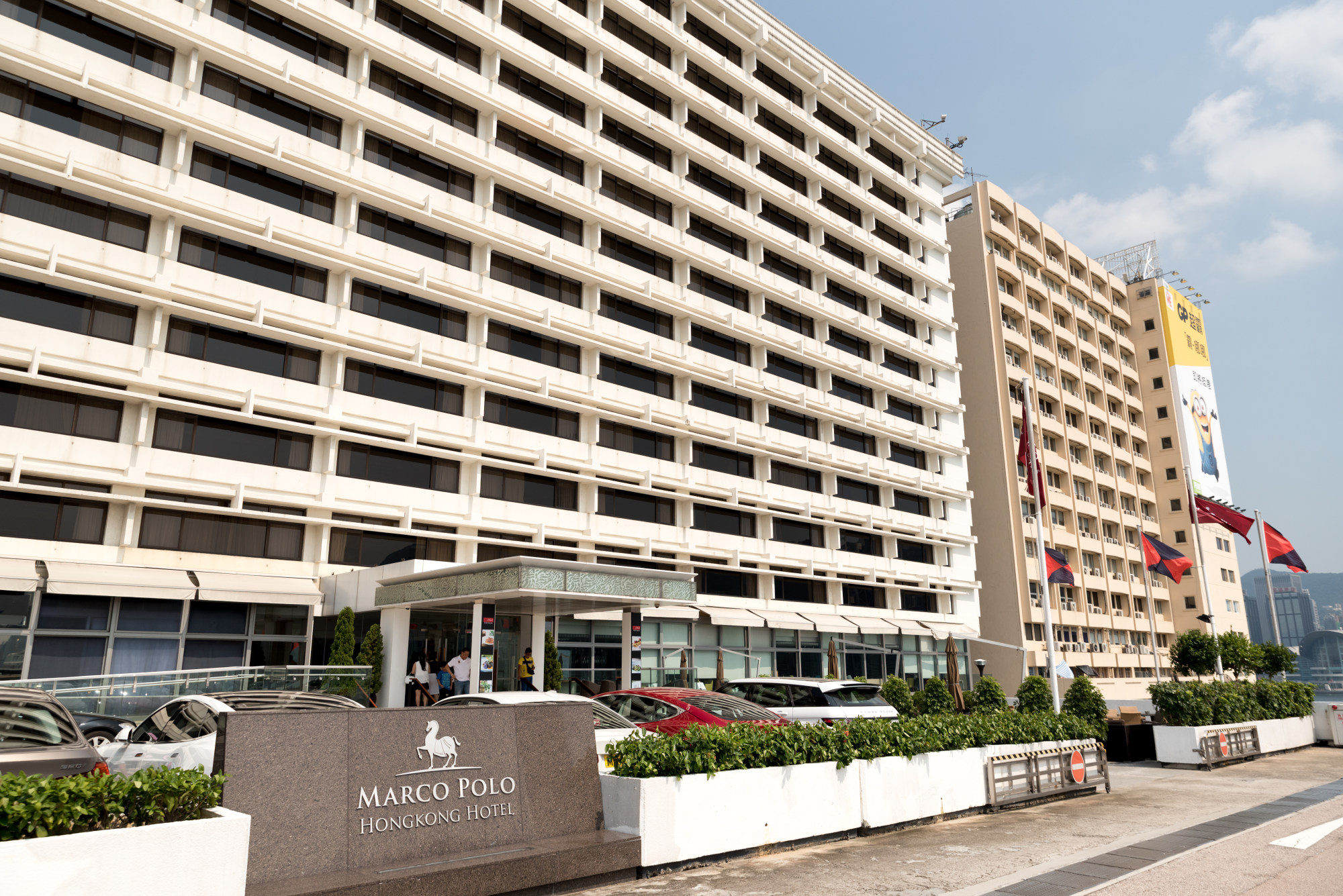
Some businesses to sponsor tables at Hong Kong’s Democratic Party first fundraising banquet after 4-year hiatus
- City’s largest opposition party forced to call off annual event on two occasions over venue issues
- Post learns group to hold banquet at Marco Polo Hotel on September 4 and aims to host at least 15 tables of guests to raise funds
Some businesses will sponsor tables at the Democratic Party’s first annual banquet in four years as Hong Kong’s largest opposition group struggles to raise funds amid the city’s changed political landscape, the Post has learned.
The Democratic Party has called off its annual gathering twice after host venues cited issues such as a broken gas meter and deep-cleaning measures, prompting questions about how much room the group had to operate following Beijing’s imposition of the national security law in 2020.
But an insider on Thursday said some businesses had already agreed to sponsor tables within days of invitations going out, suggesting the party still enjoyed support in the current political environment.
A second source said the banquet would be held at the Marco Polo Hongkong Hotel in Tsim Sha Tsui on September 4 and aimed to host at least 15 tables of guests from the political, business and public sectors.
Both sources said the party had yet to discuss whether it would invite any government officials or members of the pro-establishment camp to the event.
In 2018, then leader Carrie Lam Cheng Yuet-ngor attended the party’s anniversary dinner and donated HK$30,000 (US$3,800) to the group, becoming the first chief executive to do so. She had called the move a “major reconciliation”.
While ties between Lam and the organisation soured over dissatisfaction with her governance, then chief secretary Matthew Cheung Kin-chung was among senior officials who attended the party’s reception in 2019.
The event that year raised HK$4.2 million and was the party’s last successful attempt at holding such an event.

The organisation cancelled its annual fundraising dinners in 2020 and 2021 during the Covid-19 pandemic, but made two other attempts in July last year and February of this year.
Neither of the latter two events got off the ground due to both host venues pulling out at the last minute, citing emergency issues.
The Post learned that the party had approached more than 40 restaurants and hotels this year, with 20 initially expressing interest in hosting.
“After we briefed them about the hiccups we experienced before in holding such events, there are still a few of them saying they are fine with it,” the first source said.
The source also said the party, which no longer has any representatives at the Legislative Council following Beijing’s “patriots-only” electoral shake-up in 2021, was facing financial difficulties and hoped to use the occasion to raise funds.
The Democratic Alliance for the Betterment and Progress of Hong Kong (DAB) – the largest political party in the city – said it would hold a fundraising banquet at the Convention and Exhibition Centre in Wan Chai on September 8.
The event would accommodate about 80 tables that can each seat 12 people and price tags for tables ranged from HK$88,000 to HK$380,000, the party said.
Gary Chan Hak-kan, a vice-chairman for the group, said Chief Executive John Lee Ka-chiu was among government officials invited to the event.
An opinion poll released on the same day showed Hongkongers’ perceptions of the city in terms of metrics such as public order and judicial impartiality had fallen from six months ago.
The Hong Kong Public Opinion Research Institute said it had phoned 1,005 residents from August 1 to 10 and asked them to score the city on a scale of one to 10 according to a list of 24 socio-political metrics.
Respondents on average scored public order in Hong Kong at 5.57, down from 6.61 in February, while the ranking for judicial impartiality fell 0.46 points to 5.38.
The institute said only two metrics recorded an increase over the past six months, including sentiments for the degree of democracy, which rose to 4.92 from 4.66.
Kenneth Chan Ka-lok, a former lawmaker and political scientist at Baptist University, said the data indicated many residents were unconvinced by upbeat government narratives, despite the lack of a strong opposition bloc to counter them.
“Even though the room for discussion has been greatly reduced, it seems that people still have their own thoughts and are able to comprehend and process the information,” he said.
The institute on Thursday also said it planned to grant public access to its survey data, after earlier announcing it would stop releasing some results to the public.
Robert Chung Ting-yiu, president of the organisation, said some content would be placed behind a paywall on a new distribution platform to help gauge demand for public opinion data.
The first pay-for content on offer was data from a 16-question poll on Hongkongers’ national identity conducted in June.
Chung stressed that running the poll had not posed any legal risks, but said users would have to make a “legal purpose” promise before downloading the data.

